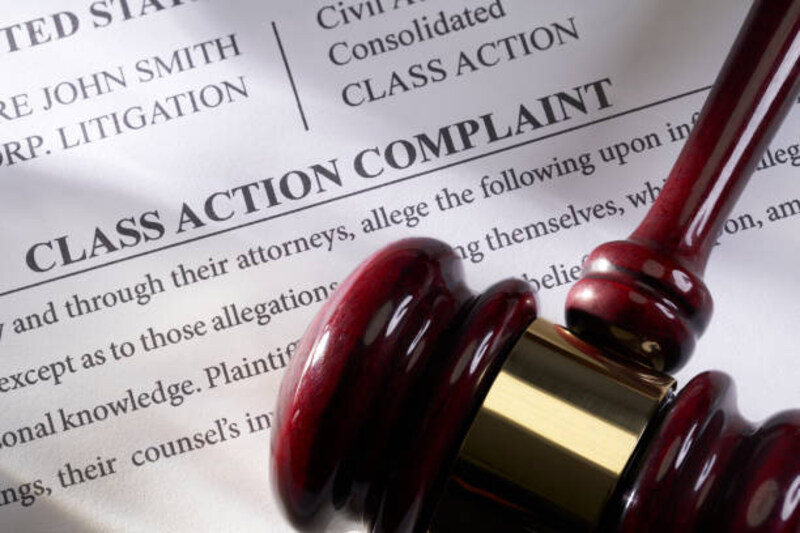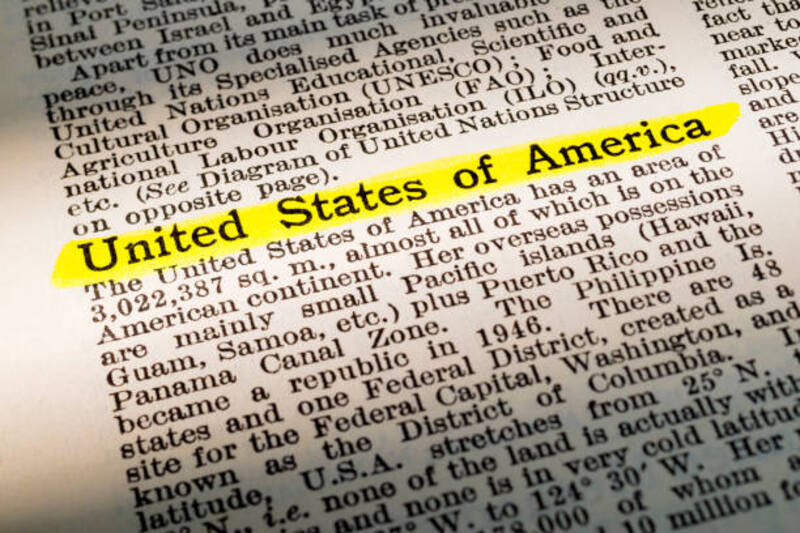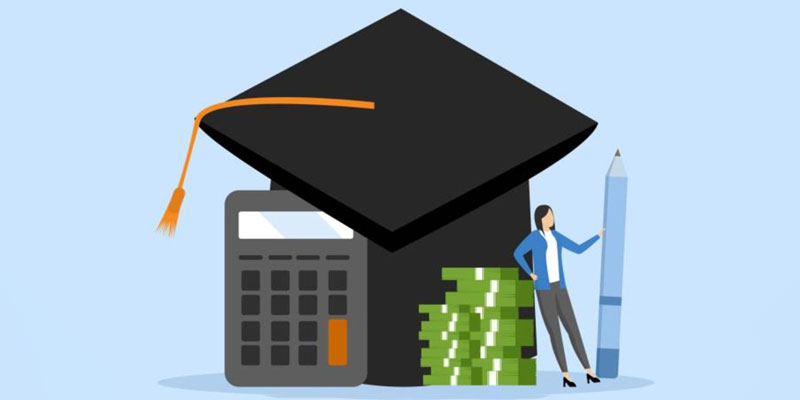Selling a home is a significant financial transaction that often involves various tax implications. Homeowners in the United States can take advantage of the Section 121 Exclusion to potentially save on their tax bill. In this article, we will delve into the details of the Section 121 Exclusion, exploring what it entails, who qualifies, and how to calculate potential tax savings. Additionally, we will touch upon alternatives to this exclusion. So, let's begin our journey to unravel the benefits of the Section 121 Exclusion and its impact on homeowners.
Overview of Section 121 Exclusion: A Tax Break for Home Sellers:
The Section 121 Exclusion is a provision in the U.S. tax code. Under this exclusion, homeowners may be able to exclude up to $250,000 of capital gains if they are single or up to $500,000 if they are married filing jointly. This tax break aims to provide financial relief to individuals and families who sell their homes.
What is a Section 121 Exclusion?
The Section 121 Exclusion allows homeowners to exclude a specific amount of capital gains from the sales of primary residence from their taxable income. Capital gains refer to the difference between the sale price of the home and its adjusted basis, which is essentially the original purchase price plus any qualified improvements made over the years. By excluding a portion of these gains, homeowners can reduce their overall tax liability and potentially keep more of the profits from the sale.
Benefits of a Section 121 Exclusion: Keeping More of Your Home Sale Profits:

The Section 121 Exclusion offers several benefits for homeowners looking to sell their primary residence. Firstly, it provides a substantial tax break by allowing individuals and married couples to exclude up to $250,000 or $500,000, respectively, from their taxable income. This exclusion can lead to significant tax savings, especially for those who have experienced considerable appreciation in their home's value over time.
The Section 121 Exclusion eliminates the need for homeowners to reinvest the proceeds from the sale into a new home to defer taxes, as was the case with the previous "rollover" provision. This provides greater flexibility and freedom in deciding how to use the sale proceeds, whether it be for purchasing a new home, investing in other assets, or pursuing other financial goals.
Who Qualifies for the Section 121 Exclusion?
To qualify for the Section 121 Exclusion, homeowners must meet certain criteria. The property being sold must be the homeowner's primary residence, meaning it is where they have lived for at least two of the five years leading up to the sale. Additionally, homeowners must not have claimed the Section 121 Exclusion on another property within the previous two years.
It is important to note that the Section 121 Exclusion applies only to the sale of a primary residence and not to investment properties or second homes. Different rules and tax treatments apply to these types of properties.
How to Calculate Your Tax Savings with the Section 121 Exclusion?
Calculating the potential tax savings with the Section 121 Exclusion involves understanding the formula used to determine the excluded amount. The exclusion is based on the lesser of two values: the capital gains realized from the sale of the home or the maximum exclusion amount ($250,000 for individuals or $500,000 for married couples).
To calculate your tax savings, subtract the excluded amount from the total capital gains. The remaining capital gains will be subject to capital gains tax rates, which vary depending on your income level and the length of time you owned the property. Consult with a tax professional or use tax software to accurately calculate your potential tax savings based on your specific circumstances.
Alternatives to the Section 121 Exclusion: Considerations for Home Sellers:

While the Section 121 Exclusion offers significant tax benefits for many homeowners, it may not be suitable for everyone. For homeowners who do not meet the eligibility requirements or exceed the exclusion limits, there are alternative strategies to consider.
This strategy is primarily used for investment properties and requires adhering to specific rules and timelines.
Another alternative is to carefully manage your cost basis by keeping track of eligible improvements made to the property. By increasing your adjusted basis, you can potentially reduce the amount of capital gains subject to taxation when you sell your home.
Conclusion:
The Section 121 Exclusion provides a valuable tax break for homeowners looking to sell their primary residence. By excluding a portion of their capital gains from taxable income, individuals and married couples can potentially save a significant amount on their tax bill. However, it is essential to understand the eligibility criteria, calculate potential tax savings accurately, and consider alternative strategies if the exclusion does not apply. Always consult with a qualified tax professional to ensure compliance with tax laws and to make informed decisions regarding your home sale.
FAQs:
Can I claim the Section 121 Exclusion if I have not lived in the home for the entire two-year period?
Yes, you may still be eligible for a partial exclusion if you meet certain qualifying circumstances, such as a change in employment, health reasons, or unforeseen circumstances. Consult a tax professional to determine your eligibility in such cases.
Can the Section 121 Exclusion be claimed more than once?
Yes, homeowners can claim the Section 121 Exclusion each time they sell a qualifying primary residence, provided they meet the eligibility criteria and have not claimed the exclusion on another property within the previous two years.
Are there any special rules for married couples filing separately?
Yes, married couples filing separately may each claim a maximum exclusion of $250,000 if they meet the eligibility requirements individually. However, certain additional rules and limitations apply in these cases. Consult a tax professional for guidance.
Can I use the Section 121 Exclusion for the sale of a vacation home?
No, the Section 121 Exclusion applies only to the sale of a primary residence. Different tax rules and treatments apply to vacation homes and investment properties.




